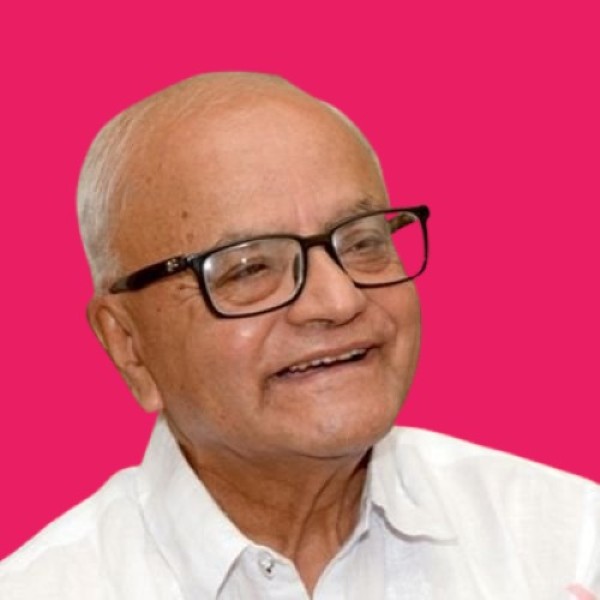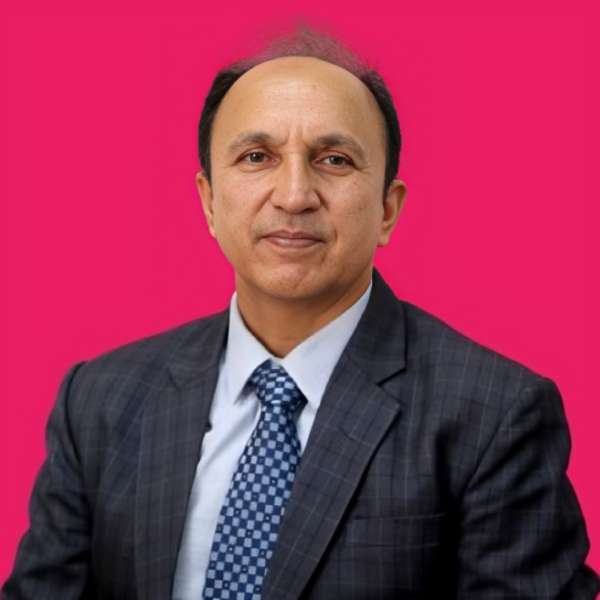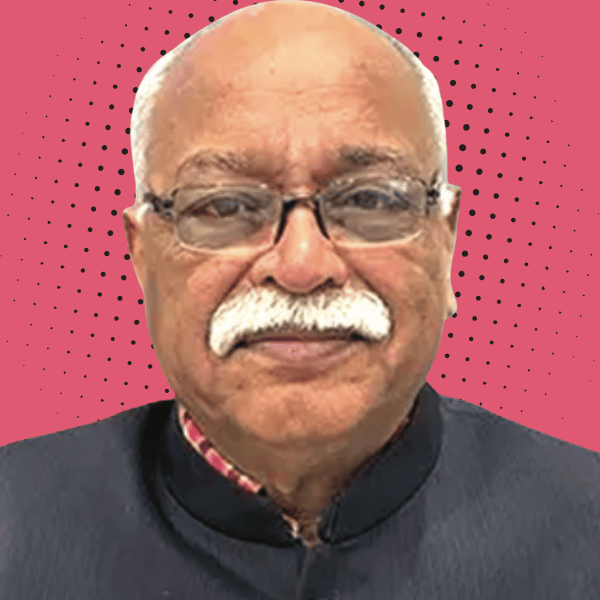Prof. Dr. Lok Raj Baral
Former Ambassador Nepal to China
Prof. Dr. Lok Raj Baral
Former Ambassador Nepal to ChinaProf. Dr. Khadga KC
Rector, Tribhuvan University
Prof. Dr. Khadga KC
Rector, Tribhuvan UniversityProf. Abhay Kumar Singh
VC, Nalanda University, INDIA
Prof. Abhay Kumar Singh
VC, Nalanda University, INDIA
Prof. Abhay Kumar Singh, born in 1960, is a distinguished academic currently serving as the Interim Vice-Chancellor of Nalanda University in Rajgir, Bihar, India. He also holds the positions of Dean of the School of Historical Studies and Dean of International Relations at the university.
Prof. Singh earned his Ph.D. in Ancient History and Culture from MJP Rohilkhand University, Bareilly. He further enriched his academic journey by studying Greek Language and Civilisation at the University of Patras, Greece.
His research primarily focuses on ancient India's interactions with the Persians, Graeco-Bactrians, Sakas, and Kushanas, exploring their lasting impacts on Indian society and culture. Prof. Singh has presented his research at numerous international and national forums, including in countries such as India, France, Greece, and Iran, with over 75 presentations to his credit.
Throughout his illustrious career, Prof. Singh has published approximately 50 research papers, authored one book, co-edited eight books, and supervised 13 Ph.D. scholars. His dedication to academia and his extensive contributions to the field of ancient history have significantly enriched the understanding of historical interactions and their contemporary relevance.
